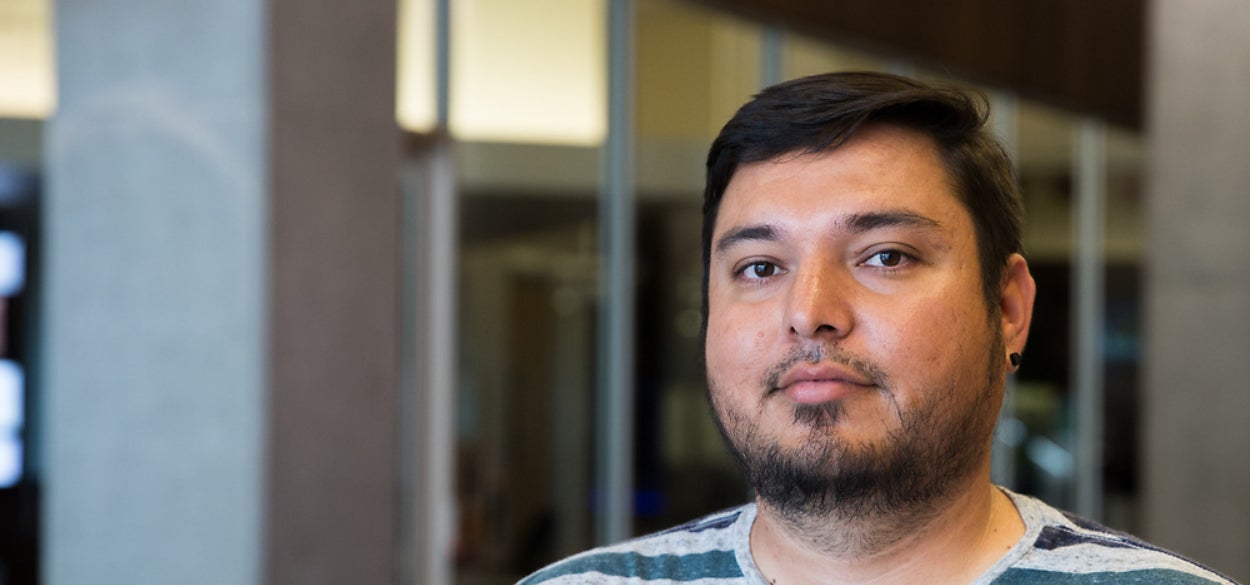Funding Hot Sheet February 22, 2019: Collaborative Science Award, rise of the mega-university, and more
Collaborative Science Award
To foster innovative collaborative approaches to research projects that propose novel pairings of investigators from at least two broadly disparate disciplines. The proposal must focus on the collaborative relationship, such that the scientific objectives could not be achieved without the efforts of at least two co-principal investigators and their respective disciplines.
Funding Hot Sheet February 8, 2019: Geospace research awards, teaching an ivy league curriculum at community college, and more
Solar, Heliospheric, and Interplanetary Environment (SHINE)
Proposals should be focused in the investigation of the connection between eruptive events and magnetic phenomena on the Sun and the corresponding solar wind structures in the inner heliosphere.
Sponsored by the National Science Foundation, Directorate of Geosciences, Division of Atmospheric and Geospace Sciences, this is a $1,200,000 grant opportunity.

GFSD seeks diverse applicants for fellowship
Graduate Fellowships for STEM Diversity (GFSD) is seeking graduate students in science, technology, engineering and mathematics (STEM) to apply for its fellowship opportunity.
GFSD’s goal is to increase the number of American citizens with graduate degrees in STEM fields. GFSD prides itself on having the most diverse applicant pool of any national STEM fellowship program.

Funding Available: Pandemic Impact, Ford Foundation and Hispanics in Higher Education
The Graduate College is happy to announce several funding and fellowship opportunities available to graduate students in the upcoming months.
Pandemic Impact Award
This award was created to assist graduate students whose research or culminating projects have experienced unanticipated costs associated with the COVID-19 pandemic.
Applications for this award are due September 25, 2020.

Researching how to transform urban areas to counteract carbon emissions
Eli Pérez-Ruiz, a graduate student in ASU’s School of Earth and Space Exploration, has travelled across the Sonoran desert to study variations in natural urban landscapes to learn how these variations affect carbon dioxide fluxes-- the carbon gas exchanged between ecosystems and the atmosphere.
His research is complex, so Pérez-Ruiz translates it into terms we understand too well; urbanization and climate change.